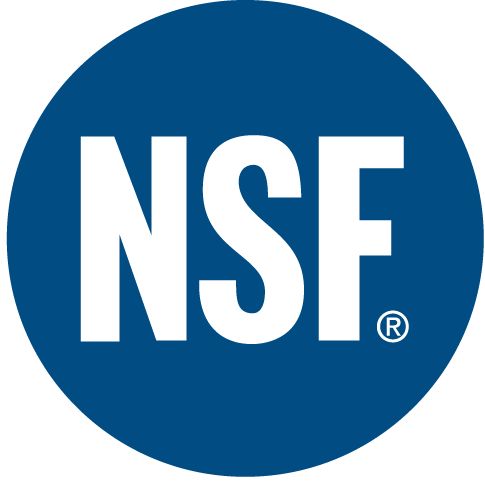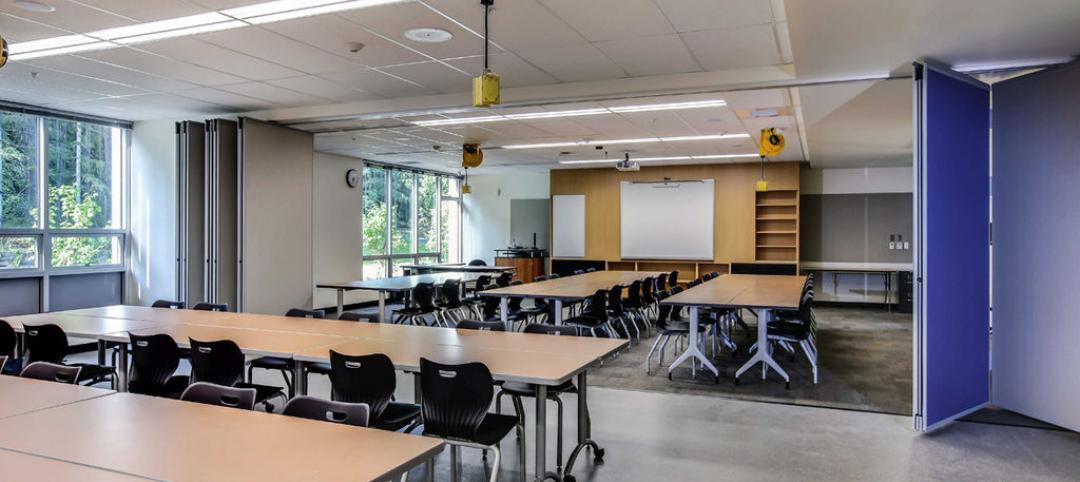NSF International, an independent global organization that writes public health standards and certifies products for food, water and consumer goods, has qualified the first wallcoverings distributor to the American National Standard for Sustainable Wallcoverings – NSF/ANSI 342.
NSF International developed the standard for Sustainable Wallcoverings to help architects, designers, retailers and consumers identify sustainable and environmentally preferable wallcoverings.
NSF/ANSI 342: Sustainability Assessment for Wallcovering Products recognizes the important role distributors play in maintaining the sustainability of wallcovering products throughout their life cycle. In order to qualify and distribute certified sustainable wallcoverings, distributors must demonstrate that they follow environmentally preferable practices. This includes a comprehensive and independent NSF assessment that evaluates the environmental and social impacts of their operations.
TRI-KES, a Dallas-based sustainable commercial interior finishes distributor, is the first distributor to earn qualification under the Sustainable Wallcoverings standard. TRI-KES is qualified at the highest level and may now distribute all levels of certified wallcoverings, including Platinum.
The standard employs an easy-to-use point system to evaluate wallcovering products against performance criteria across the entire product life cycle and quantifiable metrics. Products covered by the standard include textiles, vinyl, vinyl coated, alternative polymer, alternative polymer coated, paper and other natural fiber products. NSF Certification is based on point totals from both the manufacturer and distributor to achieve a Conformant, Silver, Gold or Platinum level. BD+C
Related Stories
| Mar 7, 2014
Thom Mayne's high-tech Emerson College LA campus opens in Hollywood [slideshow]
The $85 million, 10-story vertical campus takes the shape of a massive, shimmering aircraft hangar, housing a sculptural, glass-and-aluminum base building.
| Mar 7, 2014
Learning from common leadership errors
As a leader in the AEC world, you’ll likely find yourself making certain mistakes over the course of your career. Here are a few common leadership errors that can easily be avoided.
| Mar 6, 2014
BD+C wants to hear about your breakthrough ideas and projects for the Giants 300 report
BD+C's 2014 Giants 300 survey form is now available. But completing the survey is just one way to participate in the July Giants issue.
| Mar 6, 2014
Must see: Tour Seinfeld's apartment with virtual reality headset
Fans of the show can now explore a virtual 3D model of the iconic New York residence, thanks to one Web designer's painstaking effort.
| Mar 5, 2014
5 tile design trends for 2014
Beveled, geometric, and high-tech patterns are among the hot ceramic tile trends, say tile design experts.
| Mar 4, 2014
How EIFS came to America
Design experts from Hoffmann Architects offer a brief history of exterior insulation and finish systems in the U.S.
| Mar 4, 2014
If there’s no ‘STEM crisis,’ why build more STEM schools?
Before you get your shorts in a knot, I have nothing against science, technology, engineering, or even mathematics; to the contrary, I love all four “STEM” disciplines (I’m lying about the math). But I question whether we need to be building K-12 schools that overly emphasize or are totally devoted to STEM.
| Mar 3, 2014
Negotiate your way to success
There are few business skills as important as negotiation. Many successful businesspeople pride themselves on their ability to turn a deal in their favor. Here are a few key negotiation principles to ensure you’re generally getting a good deal.
| Mar 3, 2014
5 ways to gain clients you actually like
Gaining more clients is one thing. Gaining more clients that you actually like is something else entirely. Here are some tips to perfect the art of attracting and retaining clients that you enjoy working with.
| Mar 3, 2014
Engineering and construction CEOs are cautiously optimistic about the global economy, says PwC
Firm leaders remain leery about the availability of skilled workers, the state of government debt and deficits, and rising material prices, according to PwC’s 2014 Global CEO Survey.

















